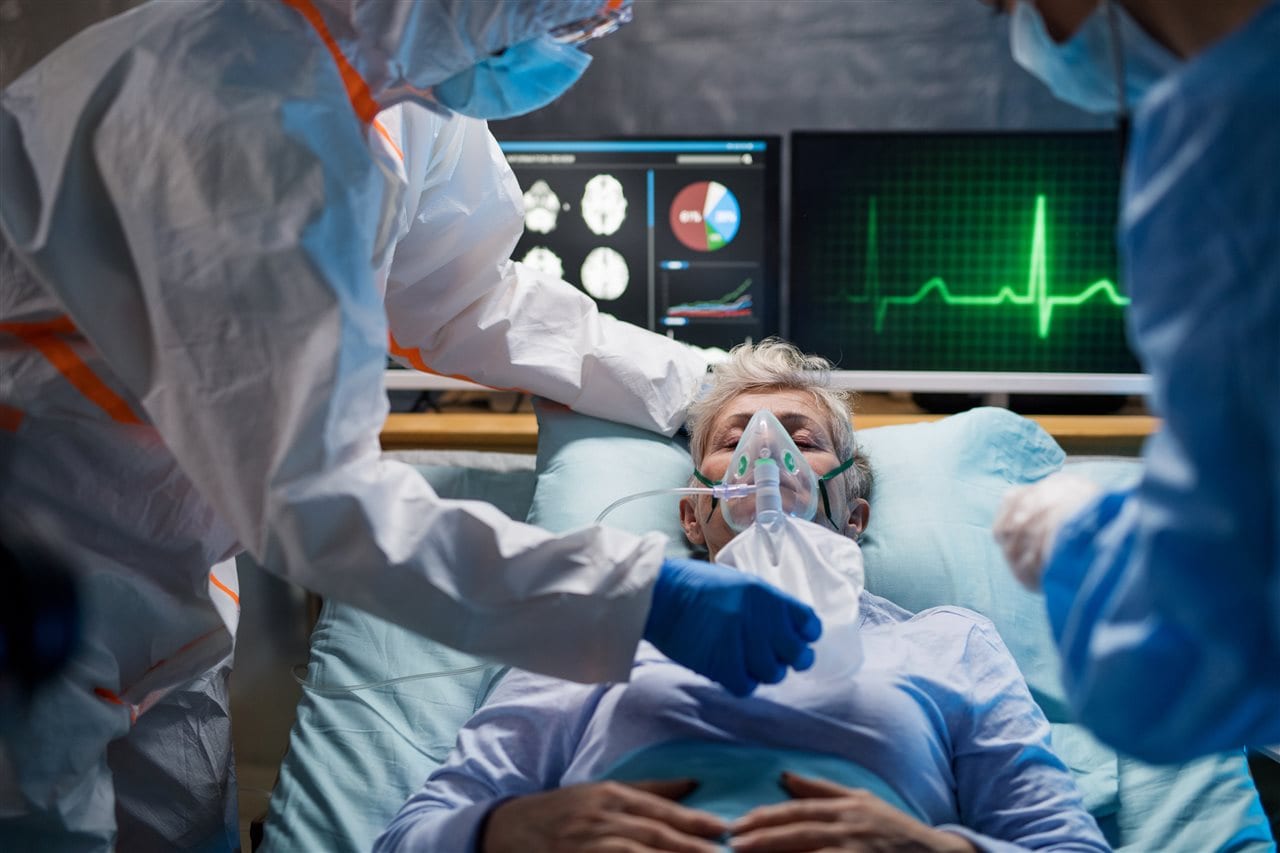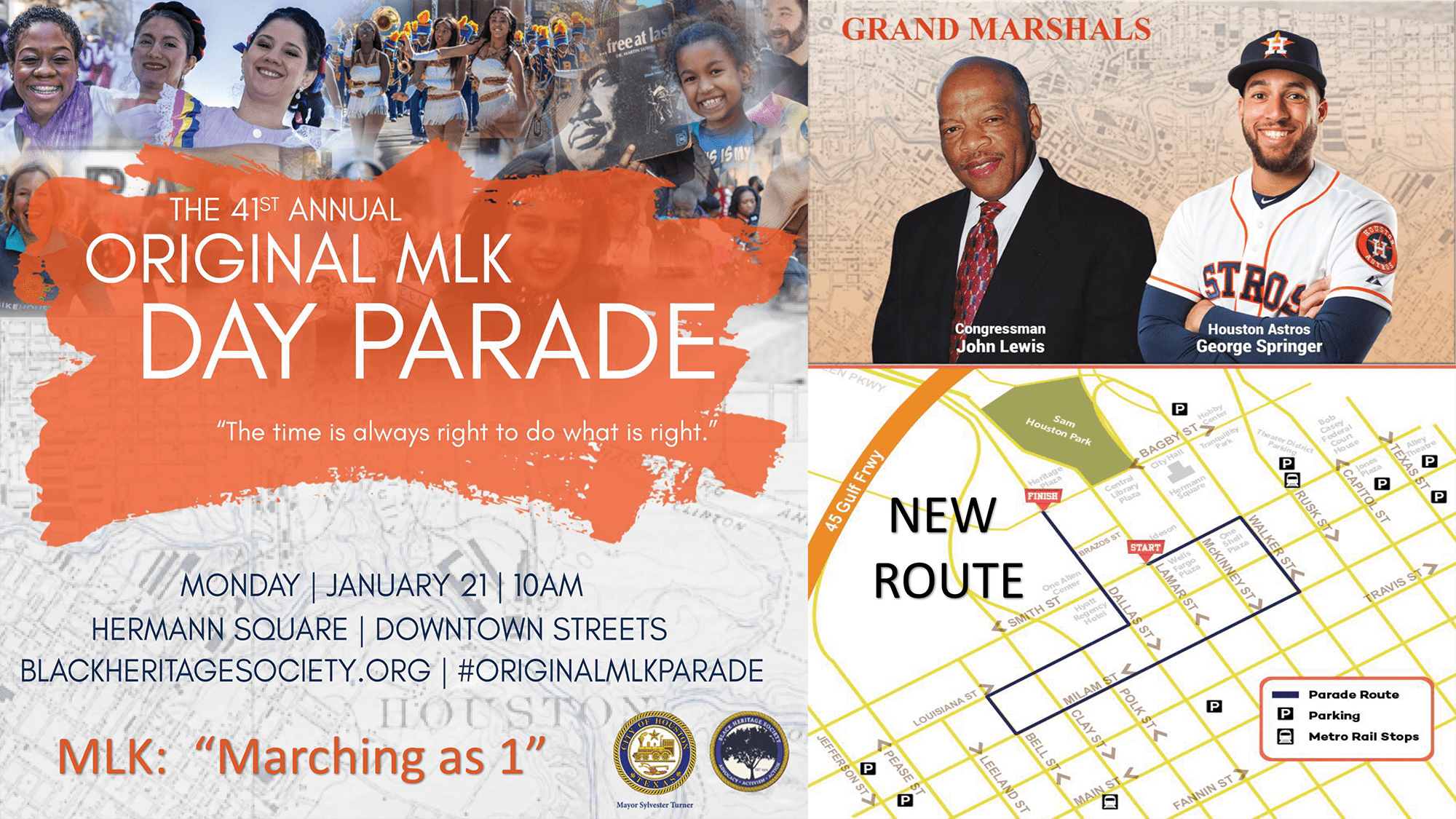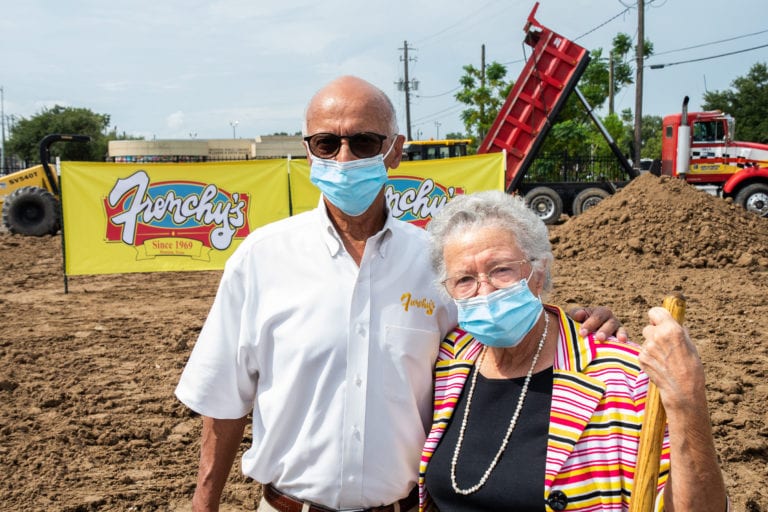by d-mars.com News Provider
If you need surgery during the ongoing COVID-19 pandemic, you may wonder what the procedure and recovery will be like. You may even be tempted to put it on hold. Prioritizing your health is important, and the good news is experts agree surgical procedures in the United States are safe.
“It is very safe to have surgery, especially with all of the precautions in place,” said Beverly K. Philip, M.D., FACA, FASA, president of the American Society of Anesthesiologists (ASA). “Surgeons, physician anesthesiologists and other providers caring for patients wear extensive personal protective equipment (PPE) and assess each patient to ensure they receive the safest and most appropriate care.”
As physician anesthesiologists, Dr. Philip and her colleagues at ASA have a unique position in the surgical landscape. Physician anesthesiologists are the most highly skilled medical experts in providing anesthesia care, pain management and critical care medicine with the education and training that ensures patient safety before, during and after surgery. They are involved in nearly every procedure — from joint replacement to open heart surgery to childbirth — and provide expert insight into precautions, including steps to protect patients from COVID-19.
“Patients should feel safe and secure that they can have surgery when they need it,” said Dr. Philip.
ASA recommends talking with your health care team about any concerns you have. During Patient Safety Awareness Week, March 14-20, the experts at ASA are providing answers to six common questions you may ask ahead of your surgery:
Will I need a COVID-19 test before surgery?
Although it will depend on the hospital or ambulatory (outpatient) surgery center, it is likely you will be required to have a negative COVID-19 test before surgery for the foreseeable future. If you need emergency surgery and you test positive or your results aren’t available quickly, your health care providers will perform the procedure, but will take extra precautions, such as enhanced PPE and placing you in quarantine for recovery. For non-urgent surgery, ASA recommends patients without symptoms of COVID-19 have a negative polymerase chain reaction (PCR) COVID-19 test prior to moving forward with surgery.
Does COVID-19 or the vaccine interfere with anesthesia?
There is no evidence that either COVID-19 or the vaccine interferes with anesthesia. However, because surgery is stressful on the body and temporarily puts extra strain on your immune system, you should wait until you are fully recovered from COVID-19 or you are fully immunized after vaccination before proceeding with surgery.
Is it safe to have surgery if I recently had COVID-19 or have been vaccinated?
Yes, you can have essential or elective surgery once you have fully recovered from COVID-19. ASA recommends waiting from four weeks (if you had no symptoms or only mild symptoms) to 12 weeks (if you had been admitted to the ICU). If you’ve been vaccinated, your surgery should be scheduled at least two weeks after your final dose so you are fully protected.
Should I wait until I’m vaccinated before having surgery?
If you are eligible for vaccination and are having non-emergency surgery such as hip or knee replacement, it may be wise to get vaccinated first. If you are not yet eligible for the vaccine, talk to your surgeon or physician anesthesiologist about the best time to proceed.
Have rules for waiting rooms and mask-wearing changed forever?
The days of large families gathered in waiting rooms are likely gone. Some hospitals and ambulatory surgery centers don’t allow anyone to wait at the facility, requiring the patient to be dropped off and picked up at a designated entrance. Some hospitals and ambulatory surgery centers allow one person to wait for their loved one in a waiting room with socially distanced rules. And it is likely patients and visitors will be required to wear a mask the entire time they are in the hospital or ambulatory surgery center.
Will scheduling or having surgery take longer now?
This will depend on the hospital or ambulatory surgery center. Most have added time between surgeries for increased cleaning, so your surgery may occur later in the day than it would have previously, or take longer to schedule.
Although the pandemic has created the need for more rules and guidelines, it’s important to remember surgery and health care in general are safe.
Source: BPT








